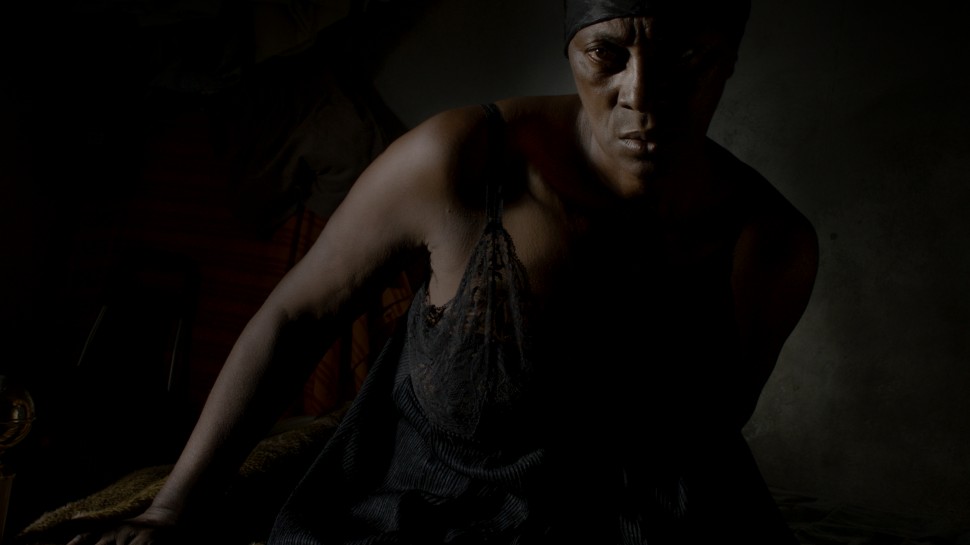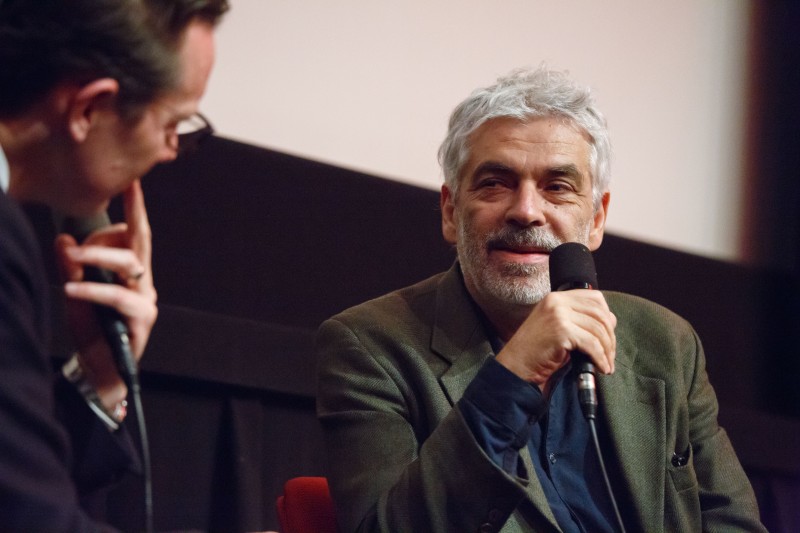
Vitalina Varela
A moving study of mourning and memory, Pedro Costa’s revelatory new film offers an indelible portrait of Vitalina Tavares Varela, a fragile yet indomitable woman who makes the long voyage from Cape Verde to Lisbon to attend her estranged husband’s funeral but misses the event itself because of cruel bureaucratic delays. The name and tragic story will be familiar to those who know Costa’s last work, Horse Money, in which Vitalina appears as one of the ghostly figures alternately confronting and comforting Costa-regular Ventura during his soul-searching stay in a haunted sanitorium. Vitalina Varela forms a diptych with that earlier film, extending its intermingling of personal and national trauma while refining Costa’s unique mode of oneiric first-person cinema in which inner voices are theatrically recited aloud like prayers. Ventura returns here as a priest gripped by a crisis of faith that recalls the fear, trembling and self-doubt animating his somnambulant patient in Horse Money. Vitalina’s singular presence, meanwhile, is dramatically expanded into a mesmerizing titular role that lends simmering power to the larger project shaped across Costa’s post-Vanda films to give epic but still intimate cinematic dimensions to the urgent struggles of the dispossessed. Equally a work of sculpture as of cinema, Vitalina Varela embraces a radical cinematography that transforms bodies and buildings into haunting presences floating in a netherworld between day and night, between color and black-and-white. While Vitalina Varela makes vivid the painful weight of difficult love and poverty, the film also gradually reveals a tender, almost optimistic, side in its vision of a community that murmurs solace through its interconnected walls and offers sustenance to those most in need. – Haden Guest
The Harvard Film Archive is honored to welcome back legendary filmmaker Pedro Costa to present and discuss his latest film.












